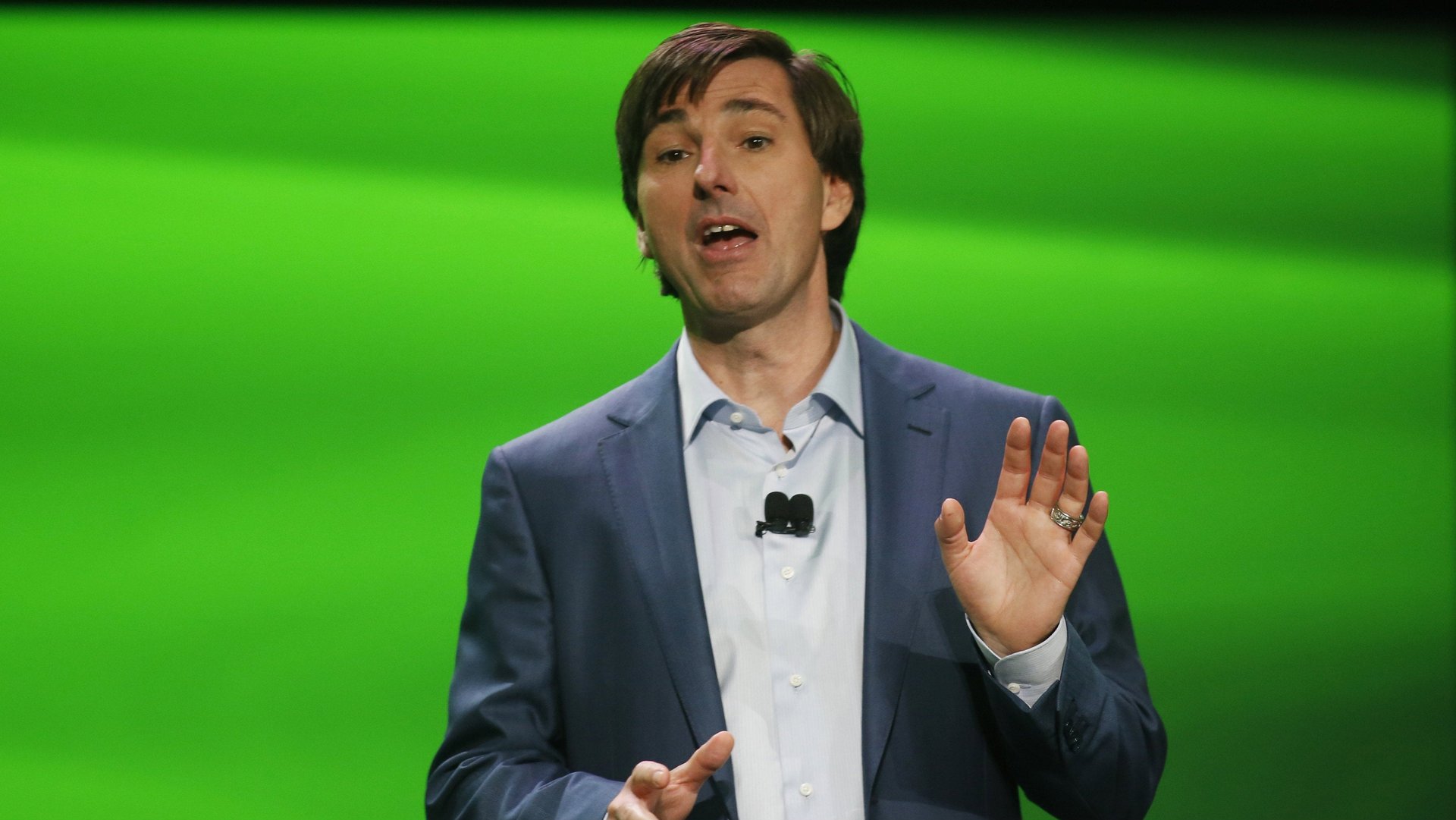Zynga has given its new CEO big incentives to sell the company
US social-gaming company Zynga hasn’t just given its new chief executive a pay package worth as much as $100 million over five years. It has also structured the package in a way that could encourage him to try to sell the company sooner rather than later.


US social-gaming company Zynga hasn’t just given its new chief executive a pay package worth as much as $100 million over five years. It has also structured the package in a way that could encourage him to try to sell the company sooner rather than later.
By any measure, former Microsoft exec Don Mattrick is getting big bucks for joining Zynga, particularly considering that the company has lost more than $570 million since 2009. All-in, he stands to make $95 million to $105 million in cash and stock during the next five years, and perhaps more: $1 million in salary and a target of $2 million to $4 million in bonuses each year, a $5 million signing bonus, $25 million meant to replace pay he gave up by leaving Microsoft, a $15 million “inducement” grant, and a target of $7 million a year in annual stock or option grants.
As is common with high-profile CEO hires, Mattrick doesn’t get it all up front. The stock, especially, is doled out over a few years, but most of it is his to keep by year three.
One way he could collect even faster is if he manages to sell the company. That would immediately entitle him to a quarter of any awards outstanding, or 50% if he loses his job in the process, under a plan that applies broadly to the company’s top executives. On top of that, his employment agreement guarantees he’ll get to keep more of his equity awards if he loses his job after a sale. Even if he stays employed, the agreement guarantees him most of his stock and option awards if he no longer reports directly to the board or stops being CEO – likely scenarios if Zynga is ultimately bought by a larger company — or if Pincus votes his shares in a way that replaces a significant number of directors. (Mattrick would also get $6 million to $8 million cash severance for losing his job after a deal.)
CEOs often get big payouts, including faster vesting of equity awards, if a deal goes through, whether to encourage M&A or to forestall any reluctance should a promising deal come along. Still, part of Zynga’s severance plan includes a “single-trigger” payout, which kicks in when if the company is acquired, whether or not an executive loses his job. Those are increasingly uncommon in the face of pressure from corporate-governance advocates. Combined with the delayed equity awards and other factors accelerating his payout in the wake of a deal or if his job changes significantly, it makes an unusual mix.
The company didn’t immediately respond to a request for comment. It’s unclear whether a sale of Zynga is realistic or contemplated. But the company’s shares are down 37% over the past year, and at around $3.42 remain way below their 2011 IPO price of $10. (There’s a relatively comprehensive list of Zynga’s business challenges here.)
Meantime, the company is also handing Mattrick and Mark Pincus, the company’s founder and chairman, potentially significant new powers. In the same regulatory filing that laid out Mattrick’s pay package, Zynga says it will create a new executive committee designed to “facilitate approval of certain corporate actions” between board meetings. The committee’s only members: Mattrick and Pincus. And if the committee is ever eliminated or expanded, Mattrick can claim severance as if he had been fired arbitrarily.